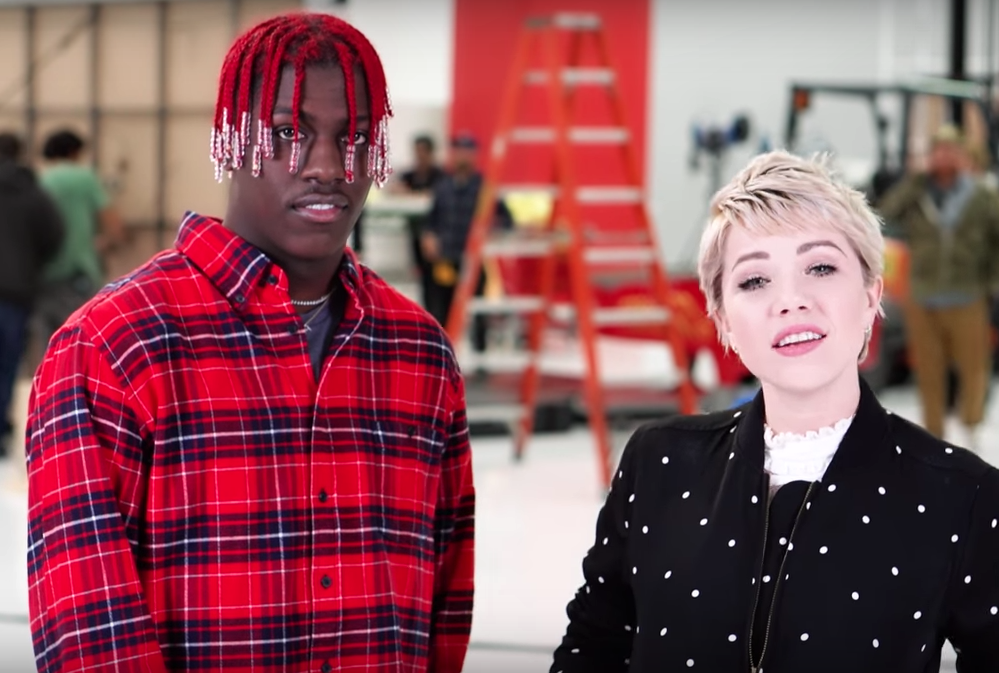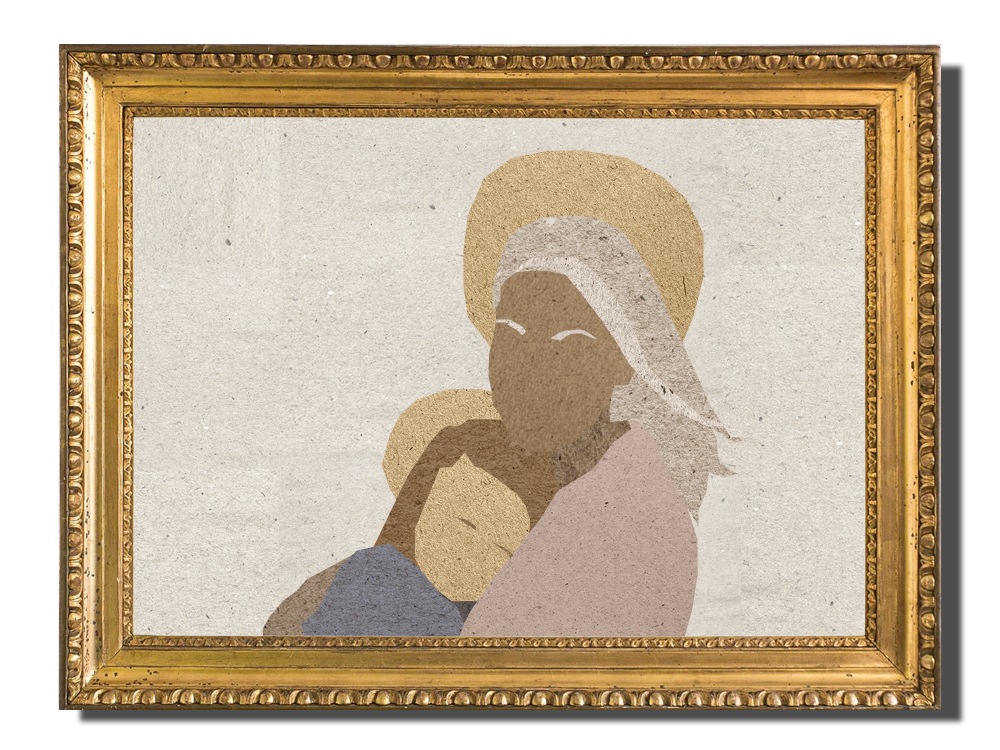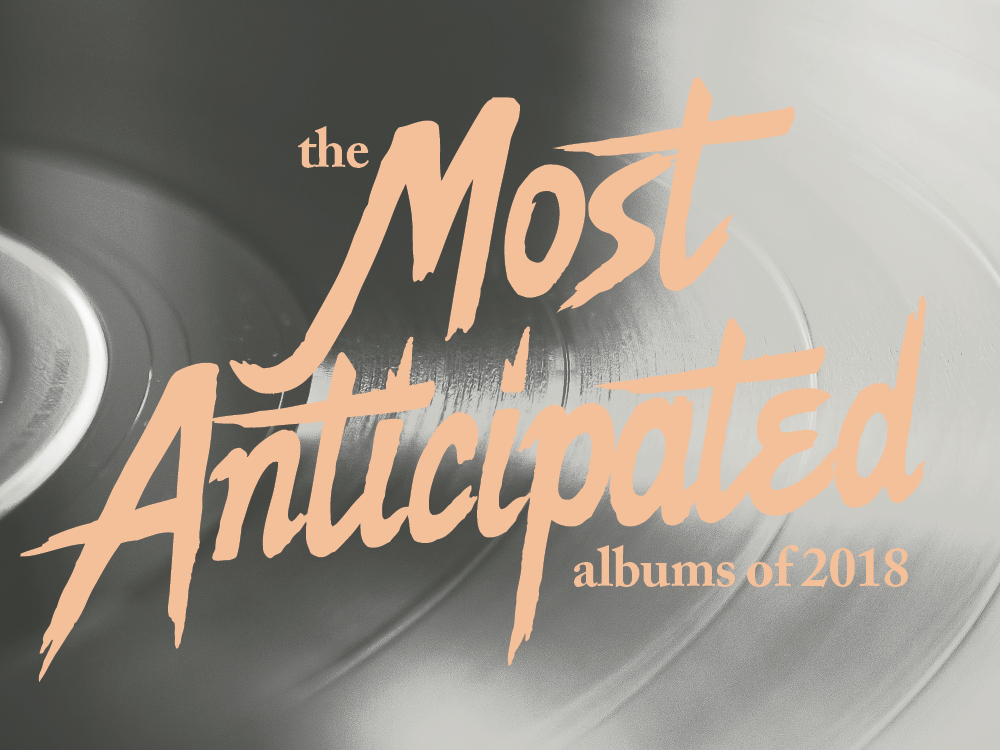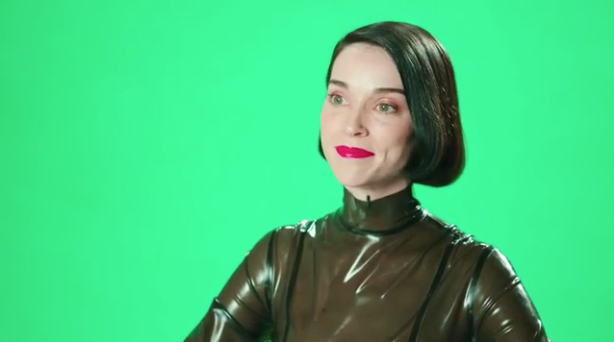Ideally, a great movie soundtrack should be just as immersive as the film itself, whether as a result of a singular vision or good curation. It should have the ability to mirror a specific feeling or scenario so evocatively that the music can't help but pull you back to a specific scene. A movie soundtrack should augment the film, of course, but it should also be able to stand on its own, or become so inseparable from the movie itself that it comes back around full circle.
There's not much tying the most notable movie soundtracks of 2017 together, other than that all of them do a stellar job at representing the spirit and mood of the films that they're attached to. Some of these are soundtracks of the compilation variety, where different bands and artists add up to evoke an unmistakable time or place, and others are scores made by some of the most talented musicians we have. Two of them even come from sequels to some of the most esteemed soundtracks and scores of their kind. Check out our picks for the most noteworthy movie soundtrack picks of 2017 below.
Atomic Blonde
[videoembed size="full_width" alignment="center"][/videoembed]Atomic Blonde largely exists as a vehicle for Charlize Theron to be a badass, ass-kicking spy, and its accompanying soundtrack is bold and brash and obvious. In other words, exactly what the story requires. And though the movie is populated by surface-level Cold War era tracks -- think New Order, Depeche Mode, and other new wave runoffs -- the way it deploys them is knowingly, winningly cliché. The film is bathed in a dark, icy blue, punctuated by flashes of red, and the soundtrack follows suit. HEALTH's faithfully modern take on "Blue Monday" and Kaleida's breathy flip on "99 Luftballoons" are both highlights, the latter playing over the movie's emotional climax. (Nena's original is deftly employed earlier in the movie, muffled out of a boombox over a brutal beating.) And while the music selections might scan as on-the-nose, director David Leitch also exhibits restraint when necessary, and the most elaborate fight sequence in the whole movie is beautifully, impressively, violently silent. It's sort of a breathtaking musical moment in its own right, just the sickening crunch of bodies crashing against bodies.
Baby Driver
[videoembed size="full_width" alignment="center"][/videoembed]Baby Driver wasn't entirely impressive as an actual movie, in my opinion, but as a glorified music video it was beyond compare. There's more often than not a song playing, a symptom of Baby's restless spirit, his tinnitus, and his inability to tolerate total silence lest the memories of his past come flooding back. It's very much a movie about how we use and process sound: the abundance of it, the lack of it, when it all gets to be too much or not enough. Nothing can match the thrill of that opening chase scene, as director Edgar Wright establishes the film's narrative stakes and its stylistic language. There's an improvisational looseness to Wright's direction, except that it's so intensely choreographed that you can't help but be amazed. Baby Driver molds itself to the rhythm of a life on the edge, where around every corner lurks another danger, and it's strung together by songs that all have a propulsive undercarriage. It's a love letter to music, to the newly vintaged iPod when 30,000 songs seemed like an immense but surmountable luxury, to the joy of listening and how it can open up the impossible.
Blade Runner 2049
[videoembed size="full_width" alignment="center"][/videoembed]Vangelis' Blade Runner score is one of the best of all time, so following it up was always going to be a monumental task. It took a couple tries to get it right. Director Denis Villeneuve originally recruited his frequent collaborator Jóhann Jóhannsson for the job, but Jóhannsson eventually agreed to leave the project and was replaced by Hans Zimmer and Benjamin Wallfisch. "I needed to go back to something closer to Vangelis," Villenueve explained. And the new Blade Runner 2049 certainly contains many shades of Vangelis, down to a dreamy recreation of the iconic "Tears In The Rain" composition, but just as the scope of 2049's vision widened Ridley Scott's original conception, so too does its soundtrack open up new pockets in the chilly familiarity of Vangelis' score. Zimmer and Wallfisch's work is a complement to and a continuation of its themes, and it paints in broader strokes than the original, even incorporating some standards from Frank Sinatra and Elvis Presley that have survived the wear and tear of time and space. And for a series all about replication and its limits, the 2049 soundtrack certainly presents a worthwhile Vangelis facsimile, while also maybe improving on it in some respects.
Call Me By Your Name
[videoembed size="full_width" alignment="center"][/videoembed]Nestled at the heart of the Call Me By Your Name soundtrack are the two original songs that Sufjan Stevens contributed, beautifully gentle evocations of the film's themes of love and nostalgia and loss. Particularly heartbreaking is the way "Visions Of Gideon" occupies every breath of the final scene, as Elio stares into the fireplace with tears pooling in his eyes. But Luca Guadagnino's entire film unfolds in a lyrical harmony, in a way that Elio would probably appreciate given that he's a musician-in-training. Throughout the film, he's constantly writing out musical notation, tapping his fingers in order to distract him from his own desires, wasting away lazy hot summer Italian days trying hard not to think about his growing lust for Oliver. The scene where they make their first palpable connection takes place over a piano, coyly flirting over variations on a Bach composition. The film plays out in much the same way, as both Elio and Oliver try to keep apace with the fluttering of their own hearts.
Good Time
[videoembed size="full_width" alignment="center"][/videoembed]With his score for Good Time, Daniel Lopatin not only made one of his best Oneohtrix Point Never albums but also one of the most remarkable soundtracks of the year. If it were released on its own, it would be a feat in and of itself, but it's heightened even further because it accompanies such a visually rich and dynamic film. Lopatin's compositions are feverish and intense, matching the nail-biting tension and dark humor of the Safdie Brothers' movie in equal measure. Nowhere is this more apparent than in "The Pure And The Damned," where Lopatin recruited Iggy Pop to soliloquy about the endless possibilities of love and death over an aching piano and synths. Good Time is home to some of this year's most thrillingly stressful sequences, from an amusement park break-in to a hospital break-out, and Lopatin's score is ever-present, integrating into the fabric of the film seamlessly and creating a grotesquely surreal world where all of these insane events feel oddly normal.
Guardians Of The Galaxy Vol. 2
[videoembed size="full_width" alignment="center"][/videoembed]Part of what made Guardians Of The Galaxy such a sensation the first time around was that it didn't take itself too seriously, a trap that many big-budget superhero movies fall into. A lot of that had to do with the way music entwined with the narrative. The '70s and '80s hits that director James Gunn chose provided a lighter backdrop to the traditional end-of-the-world monstrosities that dominate these kinds of films. The soundtrack ended up being a huge financial success, and Awesome Mix Vol. 1 was the best-selling soundtrack of 2014 only behind Frozen. So Guardians Of The Galaxy Vol. 2 had big shoes to fill, and a little more wiggle room with what they were allowed to license, and Gunn used that wider net wisely. He had to personally plead with Jeff Lynne to clear the use of "Mr. Blue Sky" for the delicious opening fight sequence, and every Fleetwood Mac member signed off on each scene that "The Chain" would be included in. But Gunn's more eccentric picks, like Aliotta Haynes Jeremiah's "Lake Shore Drive" and Silver's "Wham Bam Shang-A-Lang," were just as effective as the crowd-pleasers, and the second Guardians film proved to be just as delightful of a sci-fi action romp as the first.
Lady Bird
[videoembed size="full_width" alignment="center"][/videoembed]The early '00s were a deeply uncool time for music, and Greta Gerwig's 2002 Sacramento period piece Lady Bird does an admirable job of not shying away from that fact. First off, its 17-year-old titular character is obsessed with songs that are a few years past their prime. Much has been made about Lady Bird's unironic love for Dave Matthews Band's "Crash Into Me," which plays at two different points in the film, and its use of “Hand in My Pocket" is inspired, highlighting the generational divide between Lady Bird and all of the adults in the film. ("Did you know Alanis Morissette wrote this song in only 10 minutes?" Lady Bird tells her dad in awe; "I believe it!" he responds.) The other big music moment in the film is Justin Timberlake's dated "Cry Me A River" playing at a party, and all of these cues are deeply evocative callbacks to a very specific era. Gerwig wrote letters to all the musicians emphasizing the importance that these exact songs are used in the film, and it's just three examples of all the other details that Lady Bird gets right in its wonderfully relatable coming-of-age tale.
Rat Film
[videoembed size="full_width" alignment="center"][/videoembed]Theo Anthony's experimental documentary tracking the Baltimore rat population is a surreal and illuminating experience. Though there's no easily graspable blueprint to its structure, the threads of Anthony's different interests coalesce beautifully: day-in-the-life reportage on the city's pest program (through both official means and more guerrilla tactics) blends with computer-generated streets and historical documentation of Baltimore's history of government-imposed racial segregation vis a vis the city's rat dispersement patterns. It's a hard look at gentrification and the effects politics can have on marginalized populations, but its scope also feels wider than that: It's about the circle of life, and the injustice of who gets to be in charge. Dan Deacon's score perfectly fits these heady and endlessly knotty concepts -- it's all terse strings and ambient noise and digital decay, a little grotesque but also oddly calming and humbling. The film closes on a close-up of a snake slowly eating a baby pink rat (referred to affectionately as "pinkies" by the snake's keeper), with someone singing the Stylistics "People Make The World Go Round" à capella, before crashing into fellow locals Ed Schrader's Music Beat's "Rats," which plays over the credits. It's one of the many jarring juxtapositions that Rat Film pulls off so well.
T2 Trainspotting
[videoembed size="full_width" alignment="center"][/videoembed]The original Trainspotting soundtrack is one of the most archetypal of its kind, and much as T2 Trainspotting is an exercise in nostalgia and self-referentiality, its soundtrack follows suit. It was curated by Underworld's Rick Smith, whose band owes a career resurgence to the original's use of "Born Slippy," and he composed what score was necessary for the film, too, including an update to their iconic track appropriately called "Slow Slippy." The soundtrack is filled with winks and nods to the original film: Blondie's "Dreaming" shows up, where a Sleeper cover of Blondie was in the first movie; the Prodigy remix Iggy Pop's "Lust For Life," which also revitalized his career when it was included in the '90s. They also do a decent job of pegging some artists for future inclusion in the canon: The upstarts Young Fathers feature heavily, and both Fat White Family and Wolf Alice get moments of their own. And while the T2 soundtrack's influence will never be close to that of the original, it keeps to the spirit of Trainspotting with an admirable ease.
Wind River
[videoembed size="full_width" alignment="center"][/videoembed]Nick Cave and Warren Ellis have been collaborating on film scores for a few years now, and their work for Wind River stands as the peak of their achievements so far. The Taylor Sheridan-directed film is a grisly murder mystery thriller that has a remarkable sense of space and atmosphere. A lot of that can be attributed to the score. It takes place in the deep winter on a reservation in Wyoming, and Cave and Ellis complement the vast tracts of snow that occupy much of the movie with mournful strings and wails and icy sharp noise that mirror the barren and lifeless landscape. Occasionally, gruff vocals enter the fold, sounding like ghosts from centuries worth of horrors: "Far from your loving eyes/ In a place that winter never comes," goes one of them. It's a depressingly bleak movie, and Cave and Ellis' soundtrack serves as a grim and chilling reminder of humanity's darkest nature.






